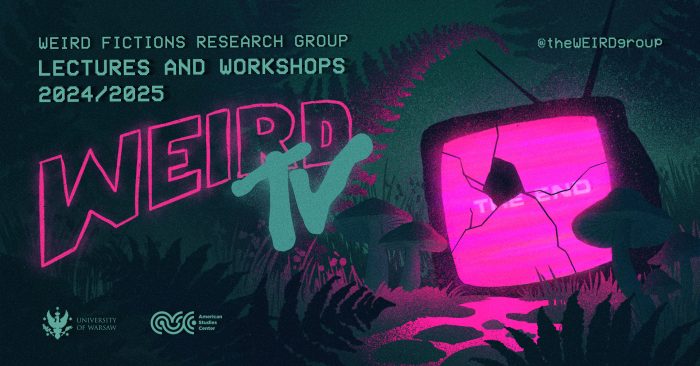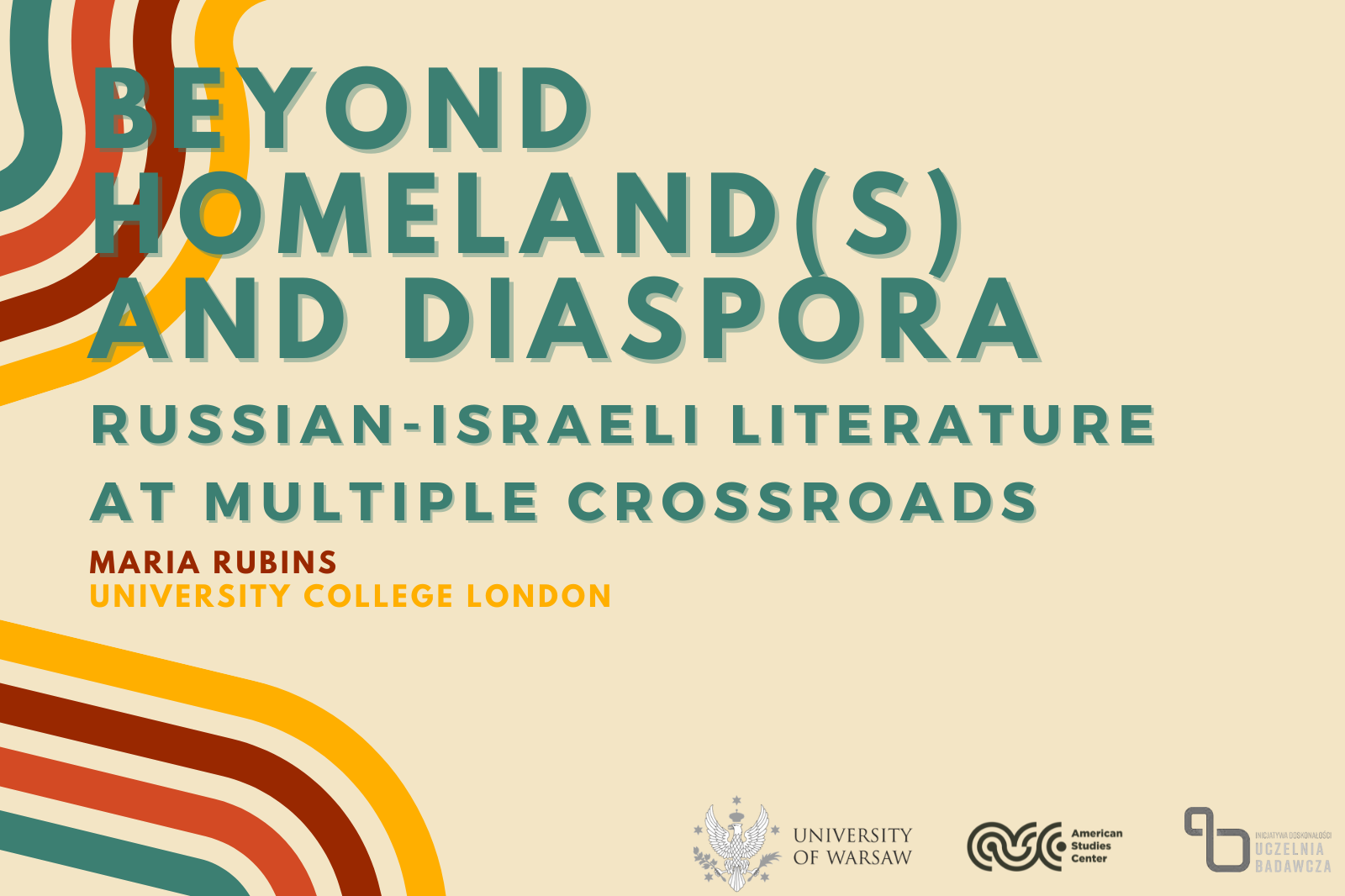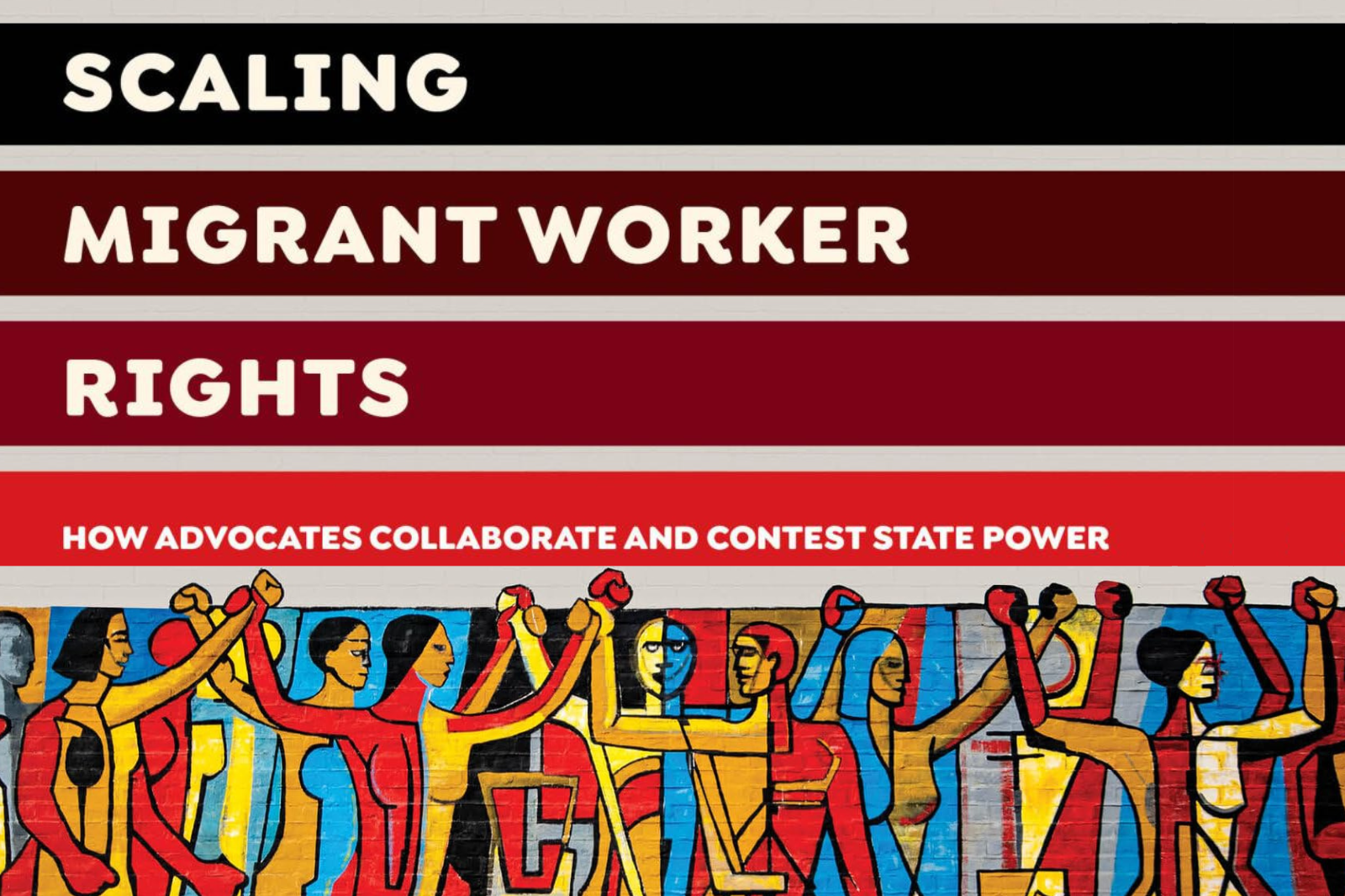On the heels of a meeting about horror in children’s films we’re switching gears to video games! Join Weird Fiction Research Group for
Don’t Adjust the TV: TV Heads and Television Nightmares in Horror Video Games
Agata Waszkiewicz (KUL)
Tuesday, March 25, 2025
4:45 pm
*3 OZN*

Where?
Dobra 55, room: 2.118
(the building features some mobility accommodations: ramp and lift)
What?
From an urban legend of unclear origin to a recurring figure in various media, the image of a man with a television screen for a head has become a notorious presence in horror video games. In this presentation, I will explore the evolution of TV Head monsters in gaming, arguing that their prominence reflects the medium’s deep-rooted preoccupation with film. By analyzing titles such as Little Nightmares 2 (Tarsier Studios, 2021), TV Head: Eight Pages (Performance Artist, 2023), Alan Wake 2 (Remedy Entertainment, 2023), and Karma: The Dark World (POLLARD STUDIO, 2025), I will demonstrate how, particularly in horror games, the television screen serves as a symbol of both anxiety and the medium’s ongoing struggle for self-validation as an art form equal to film. Finally, I will challenge the conventional understanding of the horror metagame—typically defined as a game about games—by questioning whether it is not, in fact, more fixated on its connection to film rather than to other games.
Who?
Dr Agata Waszkiewicz is a game scholar at the Catholic University of Lublin. Their main research ideas oscillate, on the one hand, around the cozy aesthetics of video games and, on the other hand, weird and experimental video game metafiction. They have written two books: Delicious Pixels: Food in Video Games and Metagames: Games About Games.



